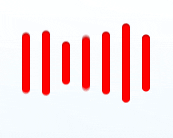
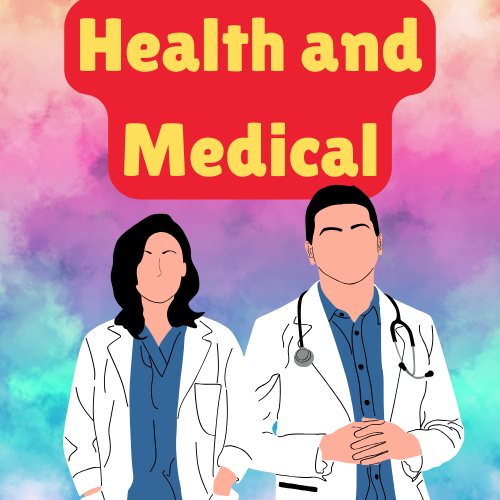
Introduction:
Welcome to our beginner English lesson on health and medical vocabulary! Understanding basic health and medical terms is essential for effective communication, especially when discussing health-related topics or visiting a doctor. In this lesson, you will learn common health and medical vocabulary, phrases, and their usage in simple sentences. Let's get started on improving your English skills in the context of health and medicine!
Lesson Content:
Health and Medical Vocabulary:
Doctor: A person who is qualified to treat people who are ill.
Example: "I need to see a doctor."
Nurse: A person trained to care for the sick, especially in a hospital.
Example: "The nurse gave me medicine."
Hospital: A place where sick or injured people are given medical care.
Example: "He is in the hospital."
Medicine: A substance used to treat disease or relieve pain.
Example: "Take this medicine twice a day."
Patient: A person receiving medical treatment.
Example: "The patient is feeling better."
Appointment: A scheduled meeting with a doctor or other professional.
Example: "I have an appointment with the doctor at 3 PM."
Pharmacy: A place where medicinal drugs are prepared or sold.
Example: "I need to go to the pharmacy to buy medicine."
Symptom: A physical or mental feature that indicates a condition of disease.
Example: "A common symptom of the flu is a fever."
Prescription: A written order from a doctor for a specific medicine.
Example: "The doctor gave me a prescription."
Emergency: A serious, unexpected situation requiring immediate action.
Example: "Call 911 in case of an emergency."
Usage of Health and Medical Vocabulary:
Doctor:
"I need to see a doctor."
"The doctor is very kind."
Nurse:
"The nurse gave me medicine."
"The nurse works at the hospital."
Hospital:
"He is in the hospital."
"We went to the hospital for treatment."
Medicine:
"Take this medicine twice a day."
"The medicine is on the table."
Patient:
"The patient is feeling better."
"She is a patient at the clinic."
Appointment:
"I have an appointment with the doctor at 3 PM."
"You should make an appointment."
Pharmacy:
"I need to go to the pharmacy to buy medicine."
"The pharmacy is open 24 hours."
Symptom:
"A common symptom of the flu is a fever."
"What symptoms do you have?"
Prescription:
"The doctor gave me a prescription."
"You need a prescription for this medicine."
Emergency:
"Call 911 in case of an emergency."
"It was an emergency situation."
Introduction: Welcome to our beginner English lesson on health and medical vocabulary! Understanding basic health and medical terms is essential for effective communication, especially when discussing health-related topics or visiting a doctor.
In this lesson, you will learn common health and medical vocabulary, phrases, and their usage in simple sentences.
Let's get started on improving your English skills in the context of health and medicine! Lesson Content: Health and Medical Vocabulary: Doctor: A person who is qualified to treat people who are ill.
Example: "I need to see a doctor." Nurse: A person trained to care for the sick, especially in a hospital.
Example: "The nurse gave me medicine." Hospital: A place where sick or injured people are given medical care.
Example: "He is in the hospital." Medicine: A substance used to treat disease or relieve pain.
Example: "Take this medicine twice a day." Patient: A person receiving medical treatment.
Example: "The patient is feeling better." Appointment: A scheduled meeting with a doctor or other professional.
Example: "I have an appointment with the doctor at 3 PM." Pharmacy: A place where medicinal drugs are prepared or sold.
Example: "I need to go to the pharmacy to buy medicine." Symptom: A physical or mental feature that indicates a condition of disease.
Example: "A common symptom of the flu is a fever." Prescription: A written order from a doctor for a specific medicine.
Example: "The doctor gave me a prescription." Emergency: A serious, unexpected situation requiring immediate action.
Example: "Call 911 in case of an emergency." Usage of Health and Medical Vocabulary: Doctor: "I need to see a doctor." "The doctor is very kind." Nurse: "The nurse gave me medicine." "The nurse works at the hospital." Hospital: "He is in the hospital." "We went to the hospital for treatment." Medicine: "Take this medicine twice a day." "The medicine is on the table." Patient: "The patient is feeling better." "She is a patient at the clinic." Appointment: "I have an appointment with the doctor at 3 PM." "You should make an appointment." Pharmacy: "I need to go to the pharmacy to buy medicine." "The pharmacy is open 24 hours." Symptom: "A common symptom of the flu is a fever." "What symptoms do you have?" Prescription: "The doctor gave me a prescription." "You need a prescription for this medicine." Emergency: "Call 911 in case of an emergency." "It was an emergency situation."
|
|
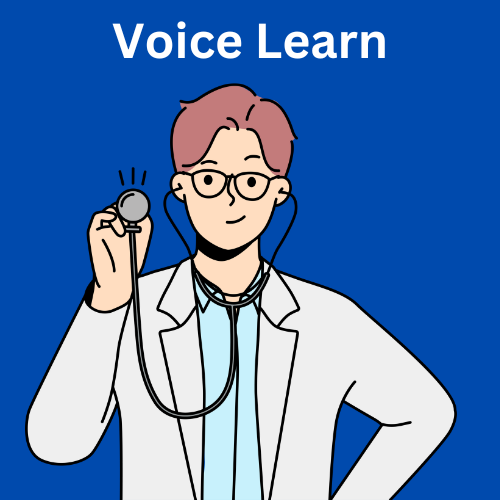
DoctorDoctor |
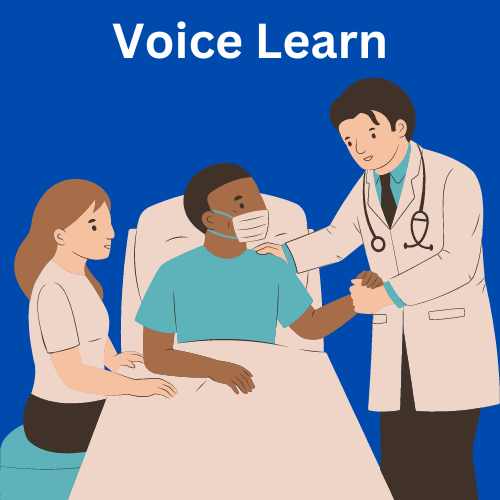
The doctor examines patients.The doctor examines patients. |
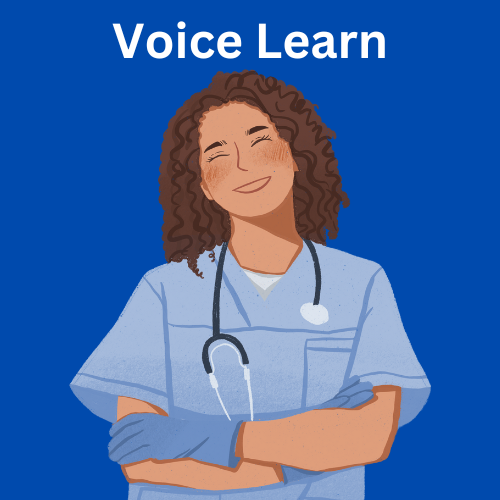
NurseNurse |
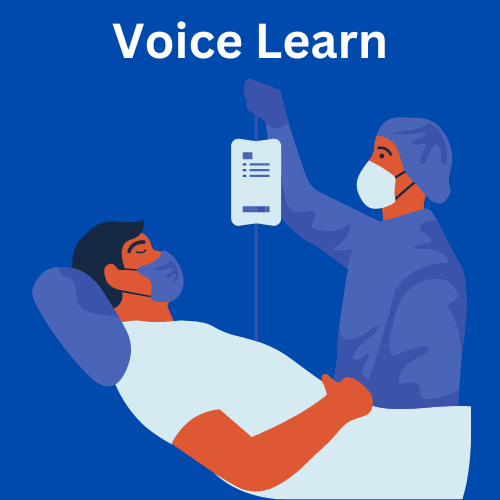
The nurse takes care of the patients.The nurse takes care of the patients. |
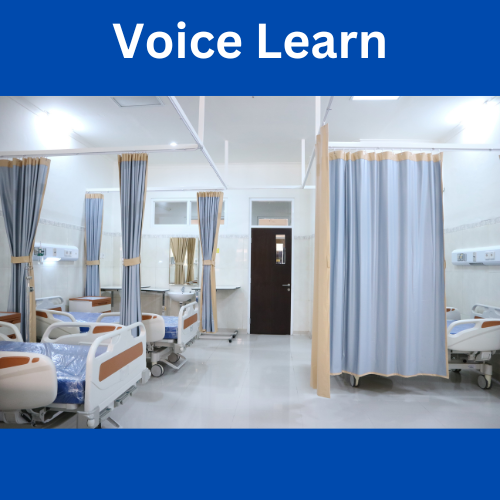
HospitalHospital |
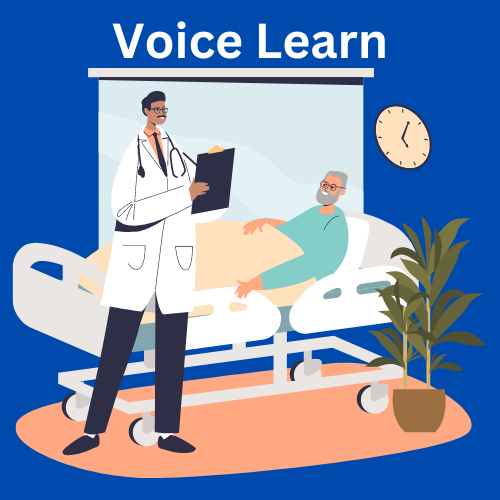
They visit the hospital for treatment.They visit the hospital for treatment. |
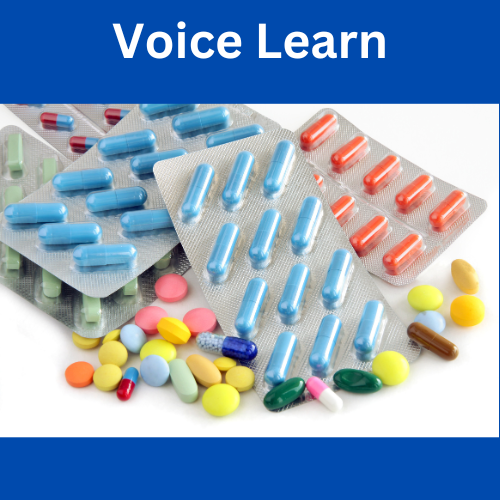
MedicineMedicine |
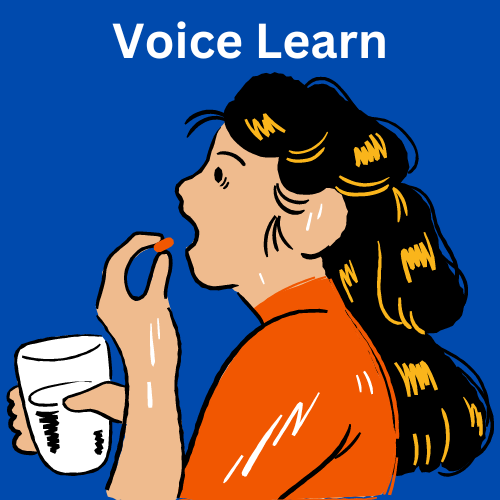
She takes medicine for her headache.She takes medicine for her headache. |
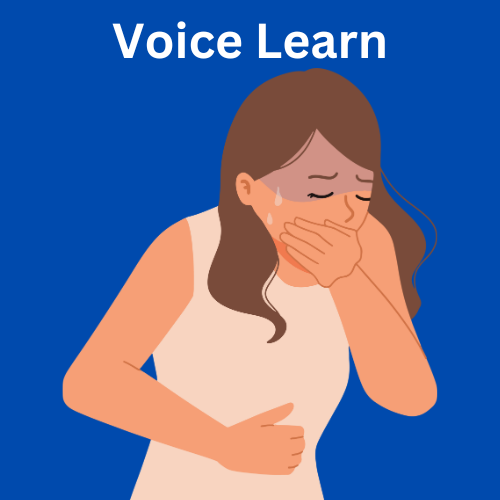
SickSick |
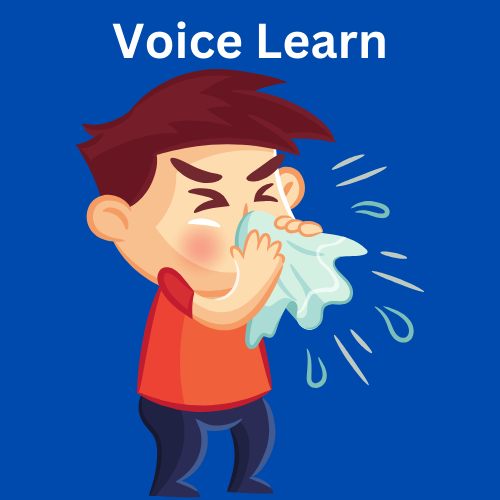
He feels sick and needs rest.He feels sick and needs rest. |
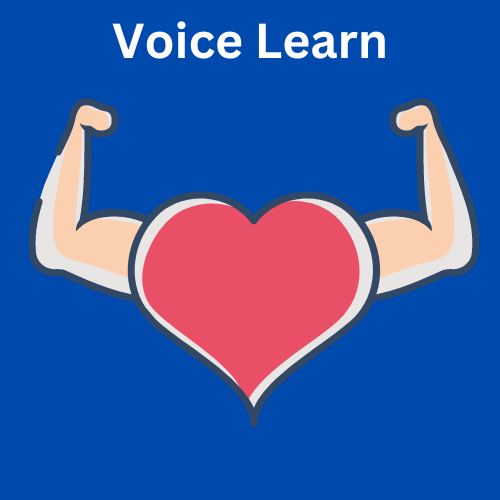
HealthyHealthy |

Eating fruits and vegetables keeps you healthy.Eating fruits and vegetables keeps you healthy. |
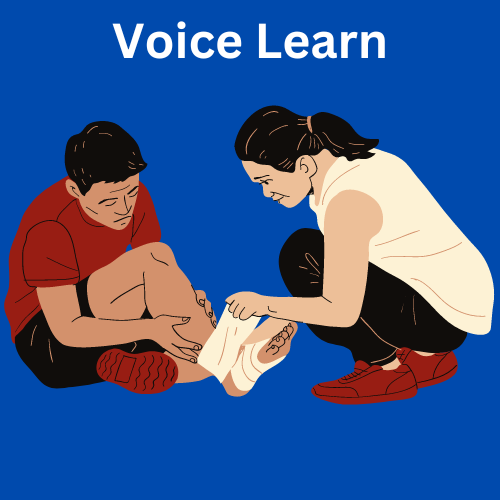
InjuryInjury |
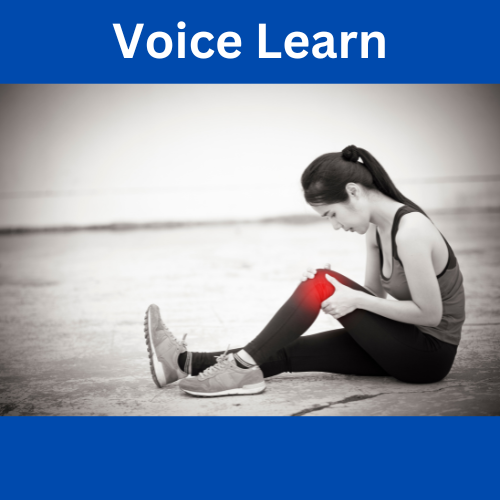
She has an injury from falling down.She has an injury from falling down. |
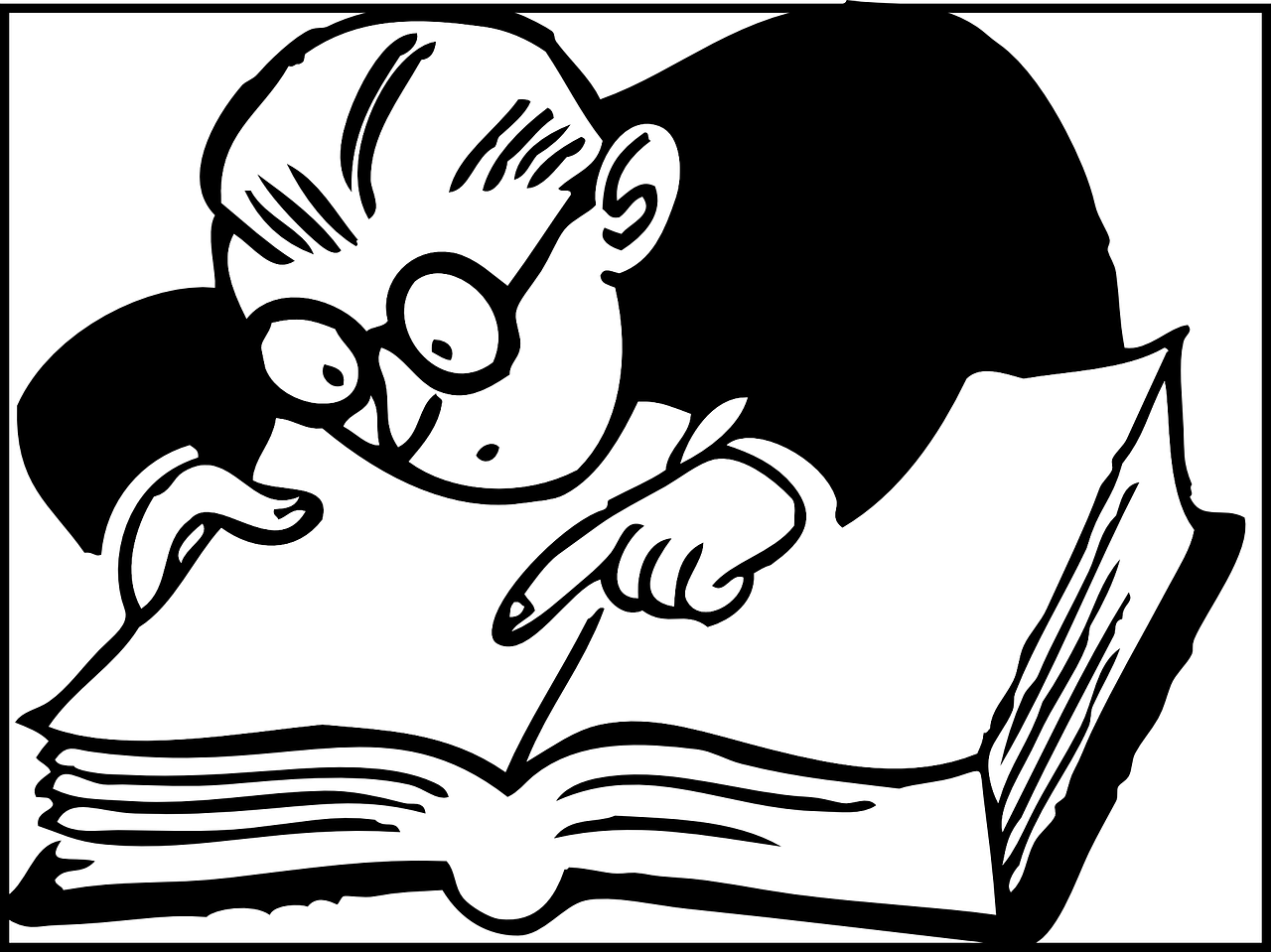
IllnessIllness |

He has a fever and cough due to illness.He has a fever and cough due to illness. |

AppointmentAppointment |

They schedule an appointment with the doctor.They schedule an appointment with the doctor. |

EmergencyEmergency |

Call 911 in case of emergency.Call 911 in case of emergency. |

SymptomSymptom |

Fever is a symptom of the flu.Fever is a symptom of the flu. |

PrescriptionPrescription |

The doctor writes a prescription for the medication.The doctor writes a prescription for the medication. |

BandageBandage |

They apply a bandage to the wound.They apply a bandage to the wound. |

X-rayX-ray |

He undergoes an X-ray for a broken bone.He undergoes an X-ray for a broken bone. |

CheckupCheckup |

She goes for a regular checkup at the clinic.She goes for a regular checkup at the clinic. |

TreatmentTreatment |

Physical therapy is part of the treatment.Physical therapy is part of the treatment. |

SurgerySurgery |

He undergoes surgery to remove the tumor.He undergoes surgery to remove the tumor. |

VaccinationVaccination |

Children receive vaccinations to prevent diseases.Children receive vaccinations to prevent diseases. |

ThermometerThermometer |

She checks her temperature with a thermometer.She checks her temperature with a thermometer. |

PillPill |

He swallows a pill to relieve pain.He swallows a pill to relieve pain. |
Great job! You have now learned some essential health and medical vocabulary and how to use them in simple sentences.
Practice these words and phrases to feel more confident when discussing health topics or visiting a medical professional.
Understanding these terms will help you communicate more effectively in health-related situations.